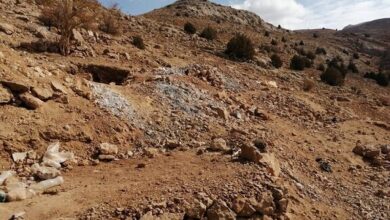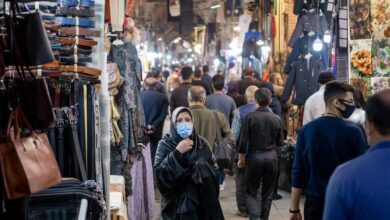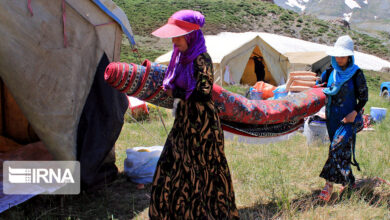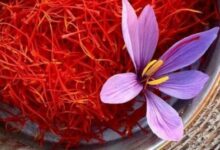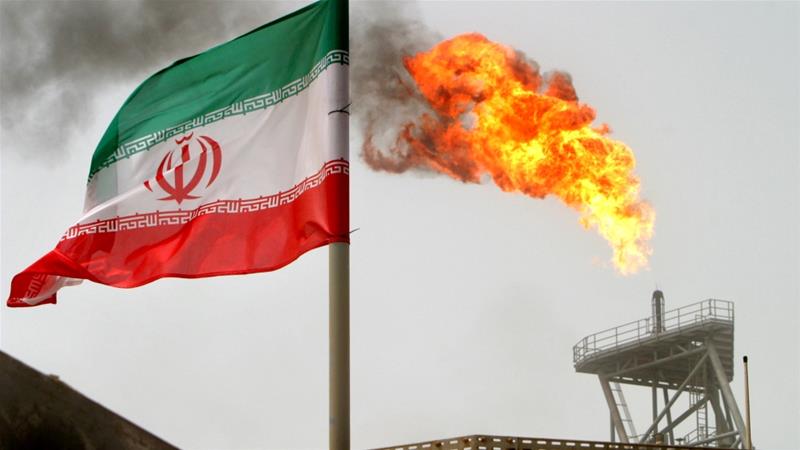
Iran is known around the world for its oil wealth, in addition to its own and perhaps unparalleled government. After oil and then gas emerged and became a strategic product, Iran became the most important and often the only source of income. Looking at Iran’s vast geography, oil and gas fields are rare. In the historical territory of Azerbaijan, especially in the Caspian Sea and Mugan, as well as in the settlement of Al-Ahwaz, in the land of historical Arabs. Due to Iran’s insufficient oil technology, there is little opportunity to extract, especially from the sea and water, so the main oil and gas production (extraction) is mostly from the Ahvaz region. However, after Iran’s modern history and the discovery of the value of oil in a sense, its policy of non-Persian assimilation and repression, especially against the Arabs and Turks, manifested itself in this area as well. Thus, Iran and, of course, the Ahvaz nation, which is financially viable, are living in a full-blown catastrophe. The Arab nation, helpless with all its basic needs unresolved, has also been subjected to heavy repression and repression by the authorities. One day unemployment, one day national identities and today the reason for their oppression was the demand of the local population for water.
What happened in Ghazania?
On Saturday, the news of the nation’s protests against the lack of drinking water in the city of Ghazania, Ahvaz, spread on social media. approximately
The population of this settlement, which has a population of 1,000, has had access to drinking water for many years and is in serious difficulty. The people, who protested peacefully in front of Ghazania’s Commander-in-Chief, were again violently suppressed by the security forces, who had always been in Ahvaz. The government, which gave bullets and blood to the peaceful protest of the nation, whose only desire is basic drinking water, resorted to blood-curdling cheers to disperse the nation from the streets. According to social media reports on the boycott of the government and Persian media in general, Iranian police attacked the nation with war bullets to disperse the brackets from the alley. A number of people were reportedly wounded by police guns, and at least one was reportedly shot in the leg.
According to a report by local news sites, the Ghazania-Mashu street was closed after the commander of the nation did not receive the necessary response from the authorities.
Ahvaz Police Chief Mohsen Dalvand said at least two people were wounded by police bullets during the protests, but that their general condition was good. Although Dalvand said the nation’s protests were justified, he said the demonstrations were unauthorized.
Ahvaz is always subject to violence
Earlier, there were serious protests in Ahvaz in the protests of the month of Aban, which occurred after the sudden rise in gasoline prices in Iran. At that time, in the city of Mashur in Ahvaz, security forces used heavy weapons against the brackets. On that date, the news of this violent coup appeared for a few days, but was soon forgotten. According to Arab activists, Persian media and centrist human rights activists discriminate against the Arab nation. The boycott and bias against non-Persians in Iran in general has led to greater persecution by the Turkish and Arab nations in particular.
The Arab nation of Ahvaz, which has unparalleled wealth with gas, oil and valuable arable land, is living in a catastrophic situation today due to its many years of assimilation and unfair policies. While a short distance away, the Arab nation on the other side of the Oman Khaliji is living in prosperity. The Arab nation on the Iranian side is even deprived of drinking water as a result of the policies of the Islamic Republic government.
In the province of Ahvaz, where the corona virus has re-emerged, the lack of such a basic need as water is thought to be the cause of a human tragedy.


